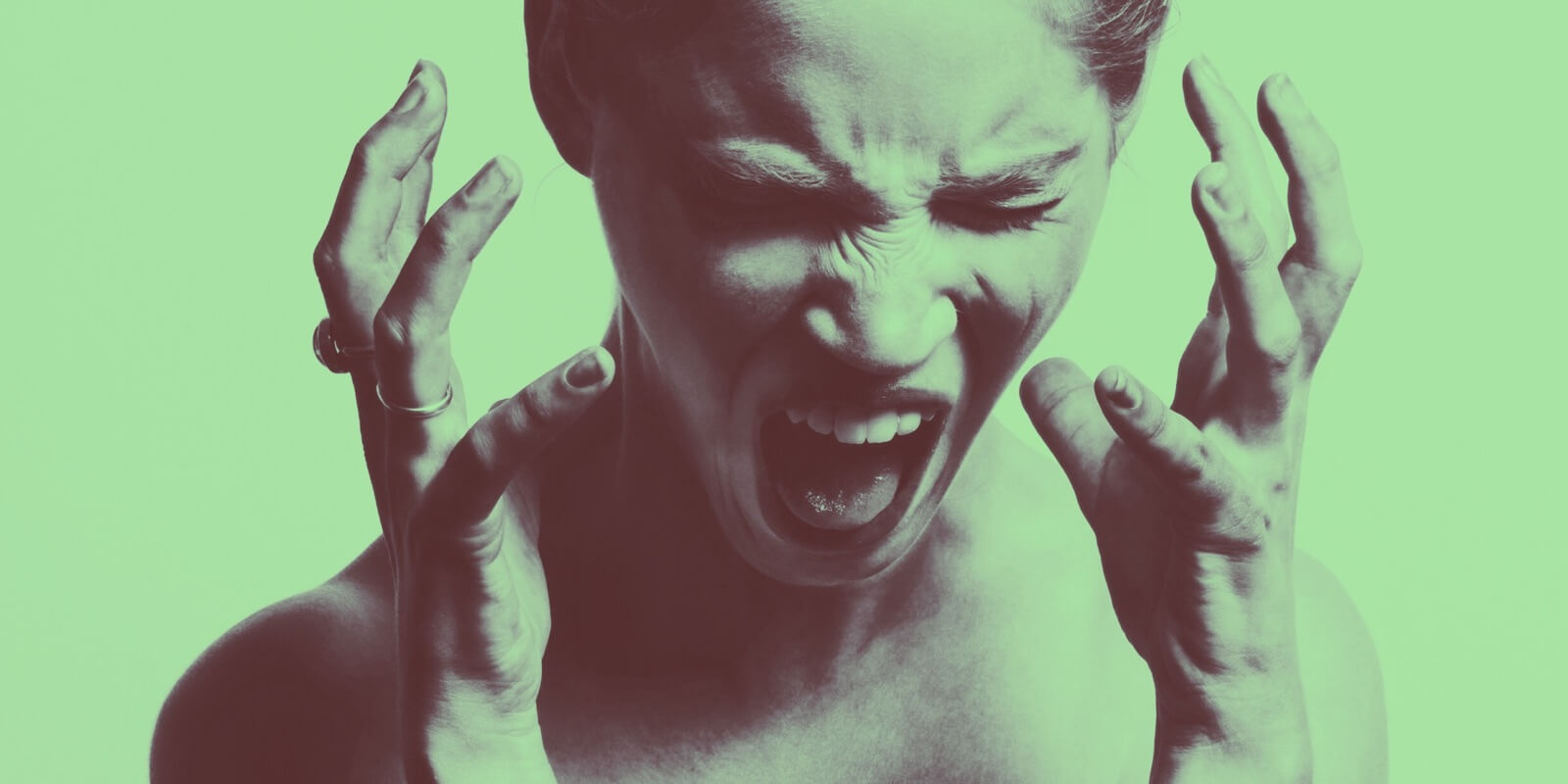A client once asked me during a session:
But Dr. Wignall, how am I supposed to love myself when I don’t even like myself?!
My response was:
But Sarah, why would you expect to like yourself if you don’t love yourself?
Quick backstory:
- Sarah (pseudonym) was a client of mine who struggled with low self-worth.
- In this particular session, the topic of self-love had come up after she described how much she envied other people who seemed to really like themselves—or at least didn’t actively dislike themselves.
- Sarah was convinced that if she only liked herself more, she would be better able to work through many of her other struggles like social anxiety, procrastination, and self-sabotage with diets.
Now, I wasn’t going to disagree with Sarah that a lot of her issues would be easier to work through if she had more self-worth. Obviously, it’s going to be at least marginally easier to work through your anxiety, for example, if you’re not actively feeling bad about your worth as a person at the same time.
Where I disagreed with Sarah’s formulation was more in the what-to-do-next department.
See, Sarah believed that she needed to feel better about herself—to like herself more—in order to improve her self-worth and stop procrastinating, follow through on her diets, etc.
There are two problems with this mindset:
- Harder doesn’t mean impossible. Just because high self-worth would make sticking to a diet easier doesn’t mean it’s required to do it. Being a native speaker of Spanish makes it easier to speak Spanish. But that doesn’t mean you need to be a native speaker in order to speak Spanish. Even though it’s harder to speak Spanish when you didn’t grow up with it, it’s still very possible. For Sarah, to assume that she needed higher self-worth in order to do difficult things seemed like a dangerously limiting belief.
- How are you supposed to acquire higher self-worth if you’re unwilling to do challenging things? Now, I don’t claim to have all the answers about how self-worth comes to be. But I can tell you this: Simply wishing for it isn’t going to make it happen. And I seriously doubt that there are any legitimate paths to better self-worth that are easy and devoid of any kind of challenge. In other words, whether her goal was to stick with her diet or improve her self-worth (so she can stick with her diet), it was going to require doing challenging things either way.
My suggestion was that rather than sitting around wishing that she would somehow end up liking herself more she could try loving herself instead.
Now, for Sarah, this didn’t really compute because in her mind self-love and liking yourself were both feelings—things some people had and some people didn’t.
But from my perspective, they’re very different things…
- Liking yourself is a feeling. It’s something you have—or at least a kind of state you find yourself in. For example, after nailing a presentation at work, you might find yourself in a state of liking yourself.
- But loving yourself is something you do. It’s a choice followed by some kind of behavior. For example, suppose you’re really stressed out and overwhelmed at work. And at 4:55 on Friday, your manager asks if you can stay late and help her with another project. Even though it’s difficult, saying no and keeping your commitment to go to the gym and then have a relaxing, work-free weekend is an act of self-love. It’s something you make a decision about and do.
In short…
Love is an action. Like is a feeling.
Even though Sarah’s goal was to like herself more, it wasn’t a helpful thing to work on (or even discuss beyond a certain point) because she didn’t have any direct control over it. There’s no Like Yourself More dial you can adjust on the back of your head!
Like any kind of emotion or feeling, it only comes about indirectly as a result of what you do and think on a regular basis. Hence my suggestion to work on loving herself more.
However you happen to be feeling, you can always act in a way that is loving toward yourself…
- You can make a little time for some self-care.
- You can be compassionate with yourself after a mistake rather than overly critical and judgmental.
- You can follow through on a promise you made to yourself—like going to the gym or hanging out with an old friend.
- You could take a moment and do a little self-gratitude reflection.
- You could validate a difficult emotion you’re struggling with instead of beating yourself up about it.
- You could speak up assertively about something during a meeting.
Notice how there’s nothing especially complicated about any of these…
Self-love isn’t some kind of overly-complex new age concept you need an expert to train you in. You already know how to be loving because you do it every day with other people—your kids, your spouse, your friends, your family, even complete strangers like the homeless woman at the intersection.
Practicing self-love just means doing those same acts of love for yourself that you would do for someone else.
I recommended that Sarah start practicing more self-love because it seemed like as good a solution as any to her real question which was how do I like myself more.
Think about it like this:
- If you get in the habit of being a jerk to yourself—constantly criticizing yourself, comparing yourself to others, devaluing your successes and positives—you wouldn’t be surprised if you started feeling worse about yourself, right?
- I don’t see why the reverse wouldn’t hold: If you get in the habit of being loving and kind to yourself—being compassionate after mistakes, appreciating your wins and successes, being assertive about what you want—you will probably start feeling better about yourself.
In Sarah’s case, this is pretty much what happened…
- She agreed to practice a couple very small acts of self-love each day regardless of how she felt about herself.
- While it was challenging at first—and she definitely wasn’t perfect at it—she mostly stuck with it for a few weeks.
- When she reported back to me, sure enough, she explained that she was starting to feel a little better about herself—more little feelings of pride, for example, were sneaking into her experience throughout the day.
- We kept it up and Sarah began increasing both the frequency and intensity of her self-love habit over the next few weeks.
- And then something really cool happened….
- Even though we hadn’t even started working on her longer-term goals like sticking with her diet, she told me that she found herself making progress on them almost by accident.
Looking back on Sarah’s story, I think the central feature was her confusion about the relationship between feelings and actions.
In her mind, she needed to feel a certain way (liking herself) before she could start doing important things (loving herself). Unfortunately, this limiting belief was paralyzing and kept her stuck in a cycle of low self-worth and all the self-sabotage that can come from it.
But when she flipped the order around—I can love myself despite not liking myself—it freed her up to start doing the only thing which could end up improving how she felt—taking action!
If there’s a broader lesson in Sarah’s story, I think it’s ultimately about getting clear on what you do and don’t have control over.
Sarah understandably wanted to feel like she liked herself. But that wasn’t something she had any direct control over. But loving herself was. And as a result of committing to small acts of self-love over time, she ended up liking herself more in the end.
I think the same principle applies to all sorts of struggles and challenges in our lives…
- You want to feel less anxious and more confident at work. And yet, you can’t wish your way into lower anxiety and greater confidence. You only lower your anxiety by learning to control your habit of worry. And you only improve your confidence by committing to acting courageously despite your fears and insecurities.
- You want to write a book. But you can’t actually write a book. A book is the long-term outcome of many smaller actions. And as cool as it would be to be holding a copy of your first book, simply thinking about it won’t get you any closer. What you can do, however, is commit to writing 300 words every morning. Or brainstorming a list of things you need to do in the next month in order to be ready to publish the following month.
Ironically, the best way to reach a particular goal or feel a certain way is to forget about the goal or feeling and keep your focus on the small actions that if done consistently will get you there eventually.
Feeling good makes it easier to take action. But sometimes you have to take action to end up feeling good.





20 Comments
Add YoursWow Nick! This an original take on behavioral activation. Much appreciated for both the layperson and clinician.
Yes! Hadn’t exactly thought about it in BA terms but totally
This was really great advice, thank-you.
You’re very welcome, Maureen!
Thanks Nick! For this insightful article. I’ve started to take action to feel better and even though I still feel addicted to some things, I feel like I have control over my life.
Keep doing the awesome work! ????????
You’re very welcome, Sooraj 🙂
Thanks Nick, I love how you flip a concept on it’s head and allow us to take different perspectives. Appreciate all the goodness you provide!
Thanks Mary Anne!
A wonderful read! I love how succinctly and clearly you present your ideas. This is precisely the topic I needed to read about today, as I am working on cultivating self-love. Thank you!
Thank you, Mariam. I don’t always feel like my pieces are as succinct as I’d like so that’s good to hear 🙂
In English usage, you like someone or something before you love them or it. So “love” is always more intense than “like”.
You have inverted the usage which resonates with my experience at the age of 78. I may never like myself but I am learning self-love which is enough for me.
I love your articles!
Appreciate it, John!
Thank you Nick, As always a wonderful thought-provoking piece. Just what I needed today! All the inspiration and sanity saving reads you share with us are so much appreciated!
You’re welcome, Jytte! Glad it was helpful 🙂
More clarity! Definitely puts like vs love in the correct order, and action is the key
Thanks Matt!
Excellent article. So what I needed to think about and apply today! Thank you.
Glad it found you at the right time, Beth 🙂
So glad I had a chance to read this article before my session with the therapist. It was a great insight. Love is taking action! Thank you for your kindness in sharing this.
I disagree. If I don’t like the things I do or dislike the end results of trying to love myself…this makes o sense! I agree love is an action word and like is a feeling but liking myself first makes more sense! Just my opinion. I do many acts of love when I can for myself care but until i liked who I was i couldn’t love who I was. I now like many things about ME and have become more aqware of loving myself.